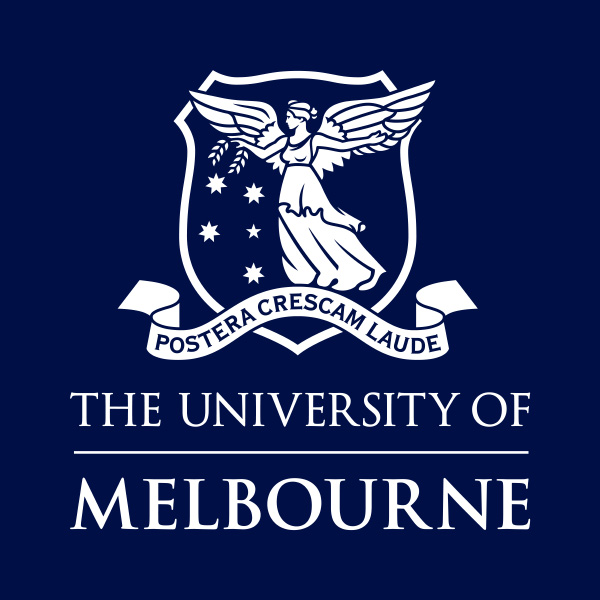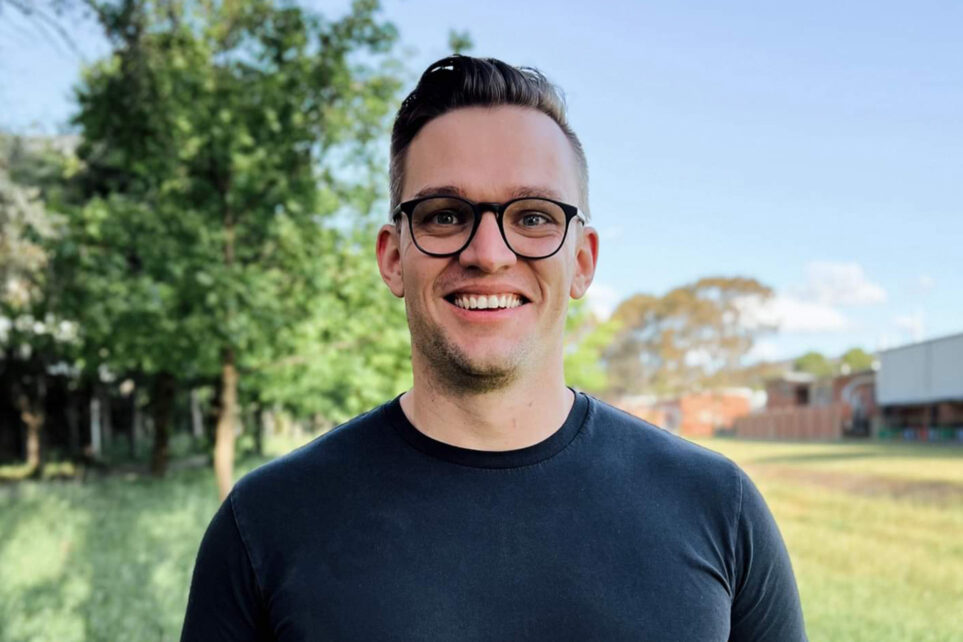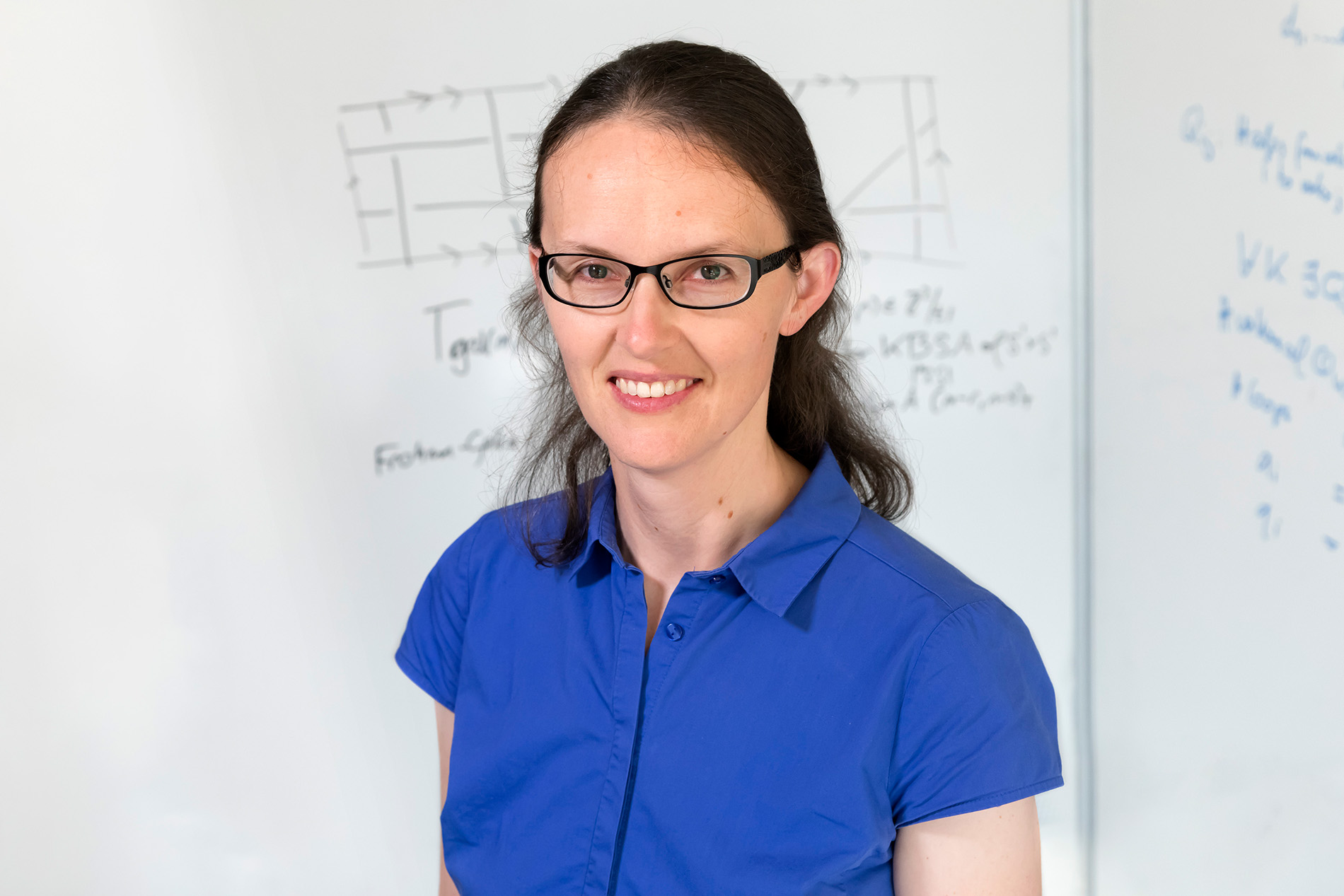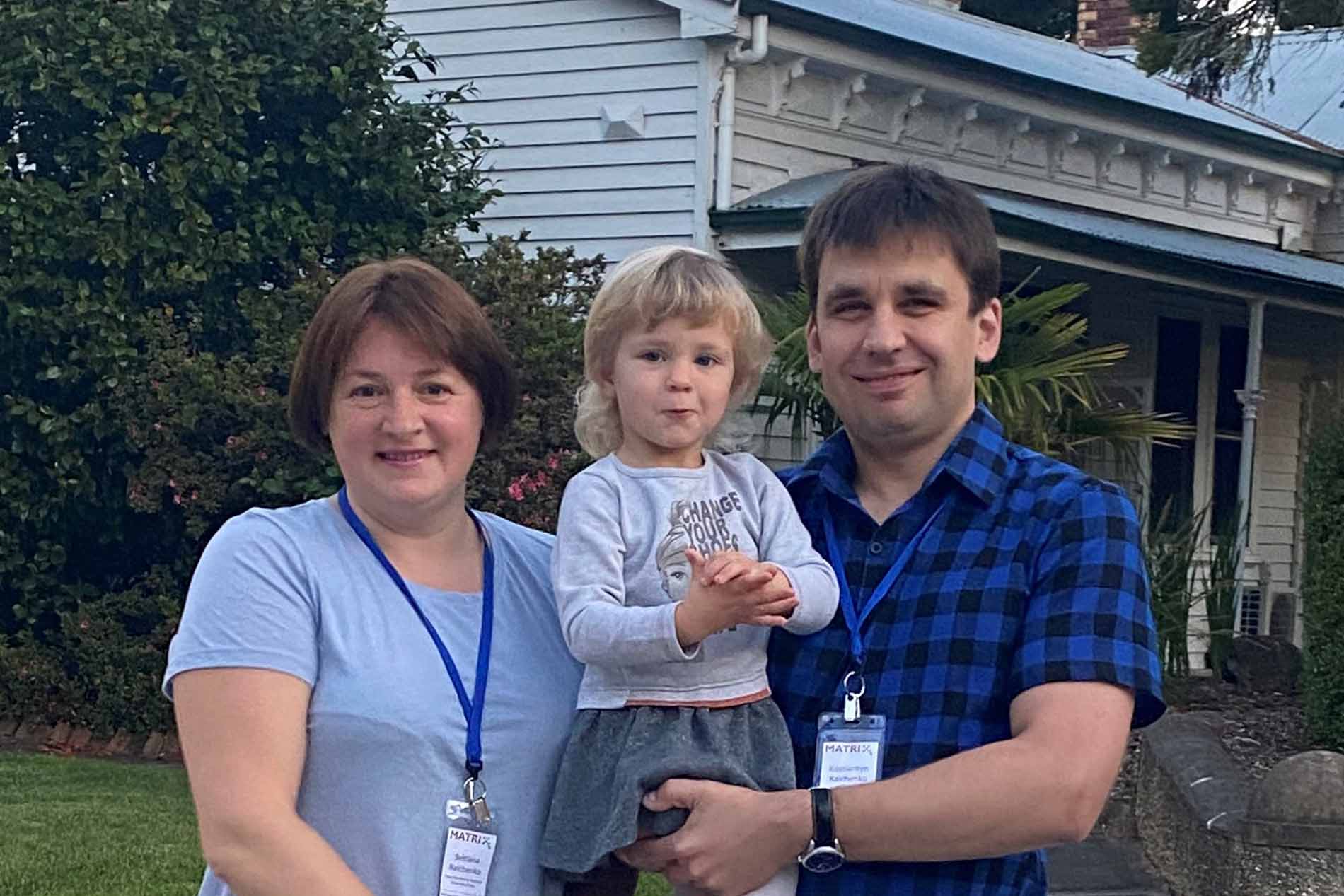An Interview with Dr Christopher Raymond
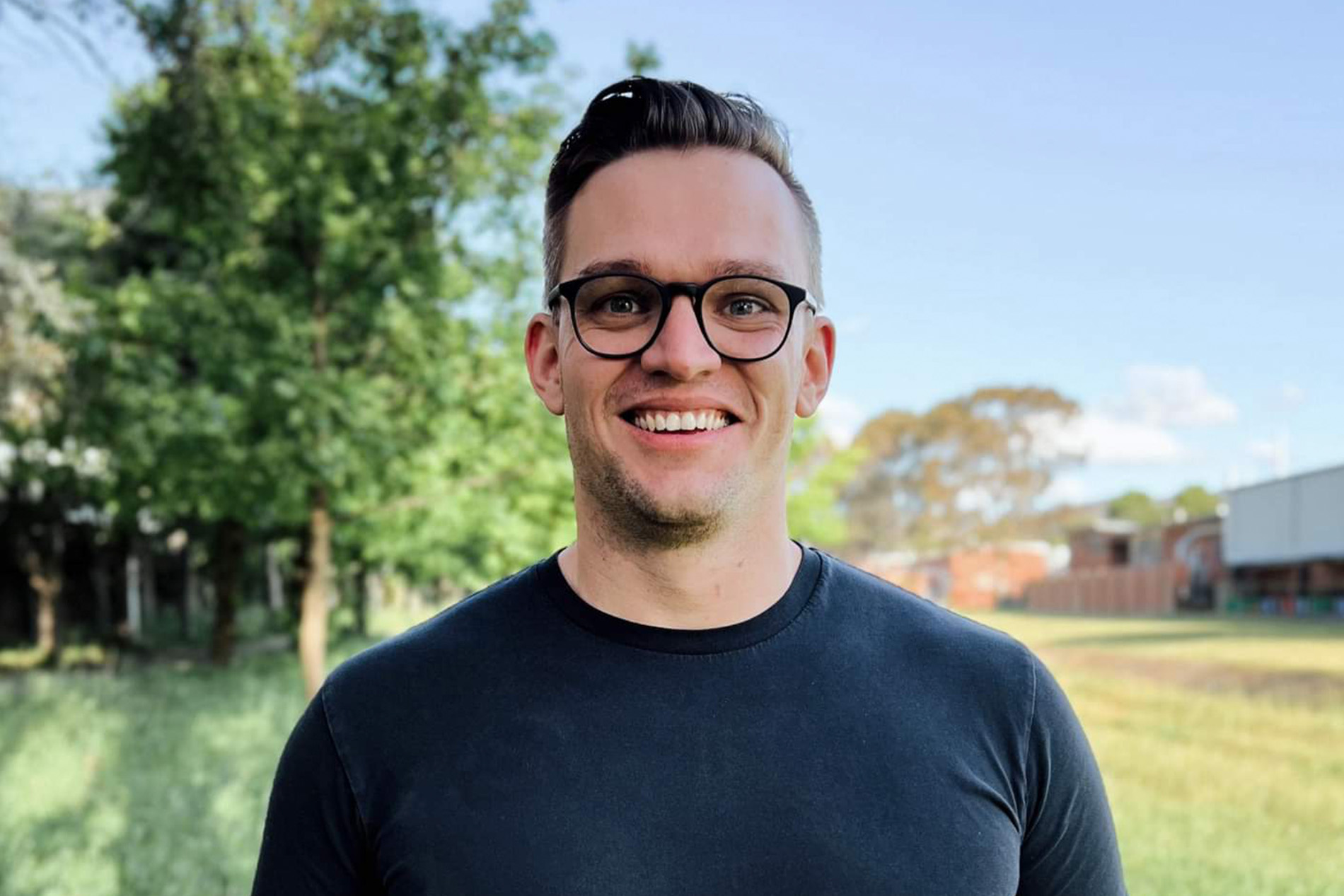
How do you describe mathematics to your family and friends?
I came to mathematics a bit late. After starting out in physics, I realised I was more interested in the mathematics behind it. It was a slow realisation toward the end of my physics degree.
I like mathematics because it lets me say very general things. I was not ever much good at experiments. I enjoy the problem-solving part of mathematics. It feels like you are just playing interesting games, and rarely the same kind of games. When my family asked me what I do, I replied that I basically "play" with abstract blocks. Doing abstract algebra has always felt similar to playing with blocks to me, but the way the blocks fit together is always different and interesting.
How did your participation in the MATRIX program help establish new connections and facilitate your research?
That program – 2D Supersymmetric Theories and Related Topics – was the first MATRIX event that I could attend in person. Due to various COVID restrictions, we had a slightly modified program. The program targeted early career researchers, so young and upcoming people in Australia from, for example, string theory and conformal field theory could get together and talk about new ideas. It was wonderful for network building.
The program itself was well thought out. The schedule left plenty of space for collaborations and conversations. During the program, I had several productive discussions with program participants. One person in particular, it was the first time we had ever met face-to-face. It was fascinating to discover that we were interested in two sides of similar mathematical problems. Learning about his perspective and vice versa was immensely helpful. We also continued our conversations beyond the program and are collaborating.
Where do you see the main benefits of attending a research-intensive program in comparison with going to a conference?
In Creswick, we were in the middle of the woods, a little bit removed. Walking around the campus was a delight for me. It provides you with space and a sense of seclusion, so that you can concentrate on a mathematical problem and not worry about other things. It was not just the location but also the grounds and the facilities that build that in. It comes all together in a wonderful way. There are quiet spaces where you can get some work done, but there are also a lot of collaborative spaces for board work and discussion.
I particularly appreciated the different approach to planning the schedule. The event itself was compact enough that you got to meet everyone and have enough time interact with them. It was not like attending a bigger conference, where you sit from nine till five, and you get a half-hour coffee in the morning, a half-hour coffee in the afternoon, and an hour and a half for lunch in the middle, and you have to miss events to go and discuss an idea. In a MATRIX program, there is enough breathing space for you to really collaborate with people and get work done without feeling bad because someone in the other room is giving a talk.
Any other impressions you would like to share with us?
Something that really stood out was how friendly and knowledgeable the local staff were. When you arrive at this place, you do not have to figure it out on your own. They were glad to share things about the town, Creswick, that you would not normally find out otherwise. I recall at the wine and cheese night, one of the staff members explained the sources of the delicious cheeses. We also talked about its old train station and its history as a former gold-mining town.
As a result, you not only stay in a gorgeous environment, but you also get a taste and a feel for the local area and learn a bit about the history. The local staff played a significant role in making my experience memorable and enjoyable.
